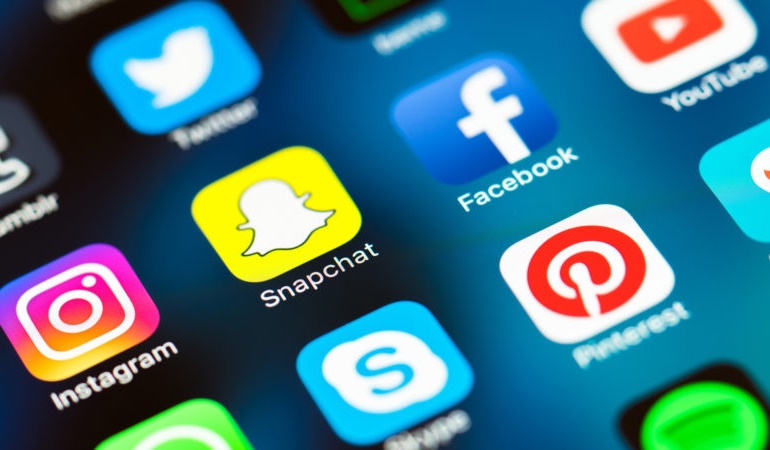Due to increased accountability.
The latest Sprout Social Index report has shown that 81% of consumers say that social media has increased accountability for businesses. This has been driven by the power dynamic between individuals and brands with 80% saying that social helps uncover instances of businesses treating people unfairly and 65% noting the power of social to amplify issues, not only through posting complaints but through sharing others’ posts.
The report explains, “While in the past, consumers may have felt powerless to stand up to businesses alone, social has given people a platform to share their stories and enlist the help of the public to demand resolution or even restitution. Even a single, seemingly isolated issue has the power to spur thousands of retweets, memes, comments and hash tagged posts. Brands must commit to delivering consistent, quality content and service—online and off—regardless of how big or small an issue may seem. And when they make mistakes, the need for honesty and transparency is greater than ever.”
Nearly half (46%) of people have used social media to call out or complain about a business and Millennials are 43% more likely to call out a brand on social media than other generations. While 55% of people are likely to say something in-person, social media is close behind with 47%. Email trails with 42% and only 35% of people are likely to turn to the phone.

The report continues, “As consumer behaviors change and people become more and more willing to take to social to amplify their anger, it is important for brands to be ready. Not every interaction is a crisis, but structuring your team strategically can ensure one doesn’t happen. Take a hard look at where you’re staffing your customer service representatives.”
So what prompts people to take to social media? First and foremost, dishonesty with 60% of consumers, followed by bad customer service at 59% and rudeness at 57%.
When consumers complain and get no response at all, 40% say they would reach out again using another customer service channel such as phone or email. However, almost as many (35%) would never buy that brand’s product or service again and around one in three would share their negative experience with their network online (31%) or offline (34%).
Consumer goods are most complained about
The three industries people say they’re most likely to complain about are consumer goods (19%), retail (17%) and government (15%). Almost 15% of consumers rank consumer goods (CPG) the industry in greatest need of help when it comes to social customer service, with retail in close second with 13% and government around 12%.
Overall, the report found that brands receive 146% more social messages needing response than they did three years ago. But in the same time frame, their response rate has decreased—on average, they respond to only 1 in 10.
The report said, “Whether a consumer reaches out with an innocent question or a vicious call-out, brands have to be listening to ensure they have the chance to deliver a meaningful, timely response. While call-outs can serve as vehicles for airing customer anger and frustration, they are also an attempt to keep brands and businesses honest and accountable. The best way for brands to honour that intent and avert a potential crisis is to respond by owning responsibility and providing transparency from the outset.”

